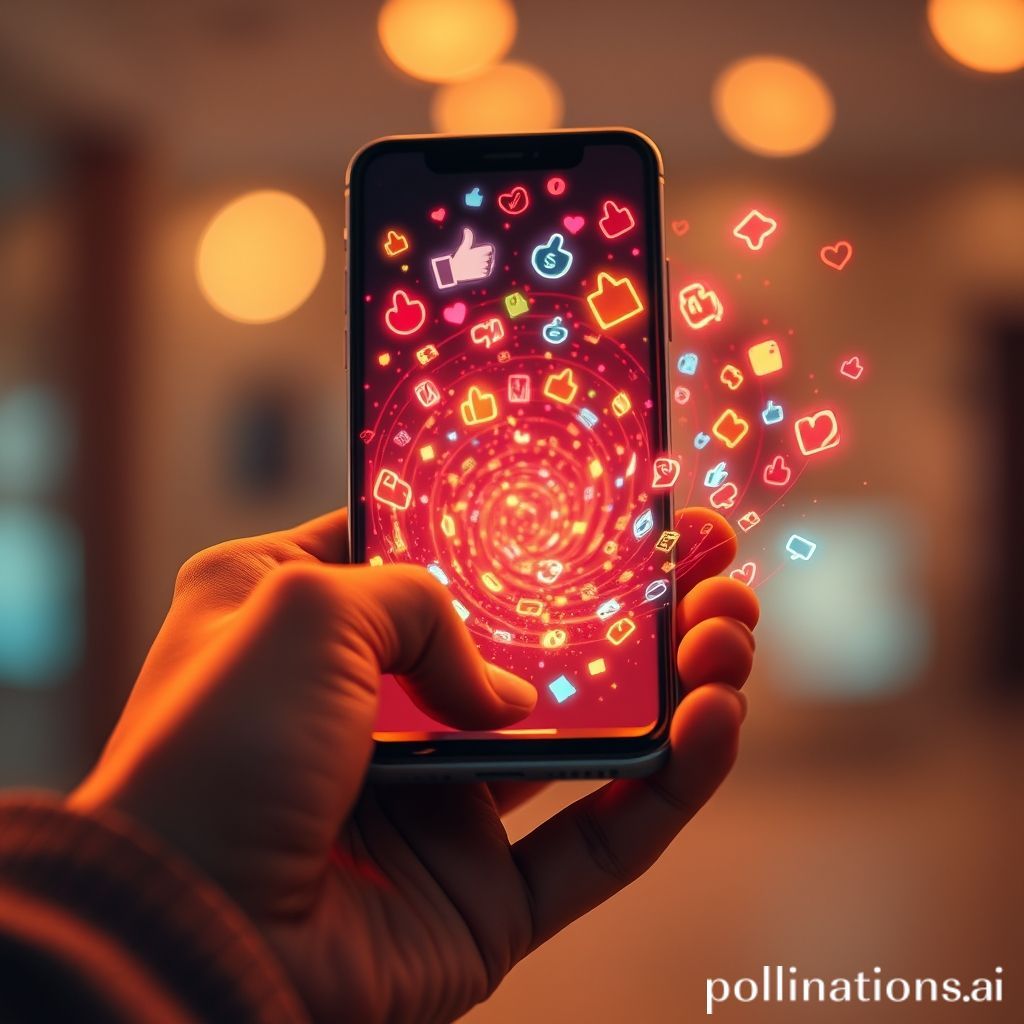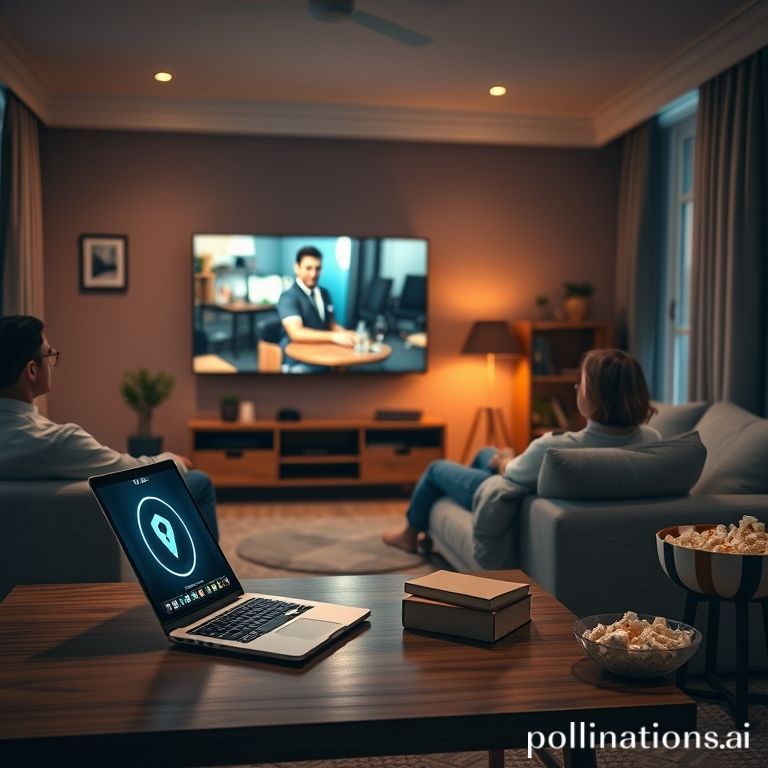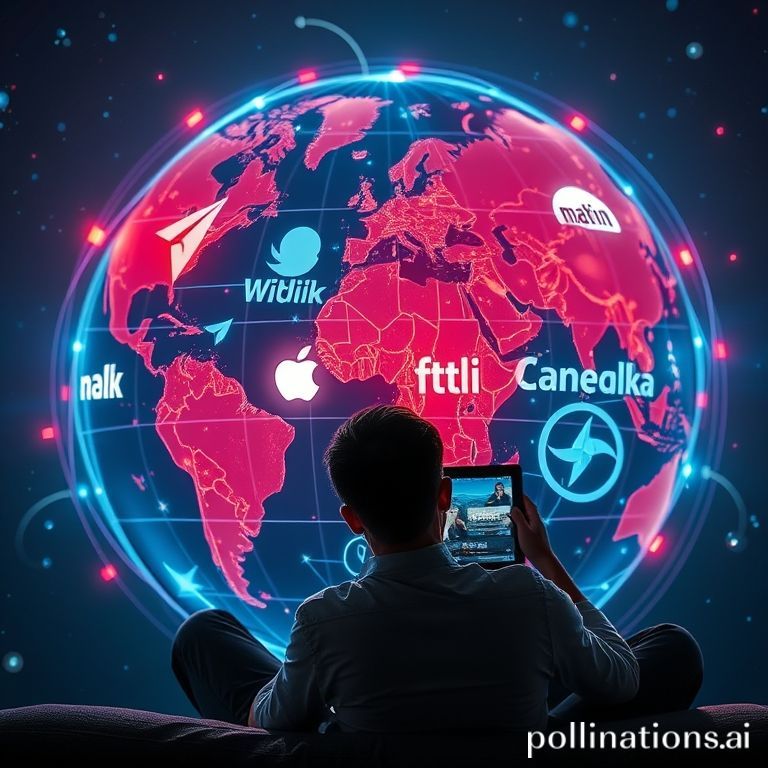
Mind Over Scroll: The Psychology of Social Media Addiction & How to Break Free
In a world where our phones are practically extensions of our hands, the line between casual browsing and compulsive use of social media has become increasingly blurred. We scroll, tap, and swipe our way through countless feeds, often without even realizing how much time has passed or how it’s truly impacting our minds. Social media platforms, designed to be engaging, can sometimes become overwhelming, leading to feelings of anxiety, comparison, and even addiction. But what exactly is happening in our brains when we get hooked, and more importantly, how can we reclaim our time and find a healthier balance?
This post will delve into the fascinating psychology behind social media addiction, exploring the clever mechanisms that keep us coming back for more. We’ll then help you identify the signs that your digital habits might be veering into unhealthy territory, and finally, equip you with practical, actionable strategies to break free, find balance, and rediscover a more present, fulfilling life.
The Allure of the Infinite Scroll: Why We Get Hooked
It’s not by accident that social media platforms are so captivating. They are meticulously designed by experts in behavioral psychology to maximize engagement. Understanding these underlying mechanisms is the first step toward breaking their hold.
Dopamine Hits and Variable Rewards
At the core of social media’s addictive nature is the brain’s reward system, primarily driven by dopamine. Every like, comment, share, or new notification triggers a small release of dopamine, a neurotransmitter associated with pleasure and motivation. Our brains crave these hits, leading us to seek them out repeatedly. What makes it even more potent is the “variable reward schedule.” Think of it like a slot machine: you don’t know when the next payout (notification) will come, but you know it could be just around the corner. This uncertainty makes the behavior incredibly hard to extinguish, keeping us endlessly scrolling in anticipation of that next rewarding ping.
The Fear of Missing Out (FOMO)
FOMO is a powerful psychological trigger. Social media constantly bombards us with curated highlights of others’ lives – exotic vacations, lavish parties, career successes, perfect relationships. This constant exposure can create an anxiety-inducing feeling that everyone else is living a more exciting, fulfilling life than you are. The fear of missing out on social events, important news, or even just the latest meme compels us to keep checking our feeds, lest we fall behind or be excluded from the digital conversation.
Social Validation and Our Primal Need to Belong
Humans are inherently social creatures with a deep-seated need for connection and belonging. Social media taps directly into this primal urge by offering immediate social validation in the form of likes, comments, and followers. These metrics become digital representations of our social standing and acceptance. A flurry of likes on a post can feel incredibly affirming, while a lack thereof can trigger feelings of inadequacy or rejection. We become reliant on this external validation to bolster our self-esteem, creating a vicious cycle of seeking approval online.
The “Comparison Trap” and Self-Esteem
While seeking validation, we often fall into the “comparison trap.” We compare our unfiltered, everyday lives to the carefully curated highlight reels of others. This constant upward comparison can lead to feelings of envy, inadequacy, and a significant drop in self-esteem. We start believing that everyone else is happier, more successful, or more attractive, leading to a distorted view of reality and a pervasive sense of discontent.
Recognizing the Signs: Is Social Media Controlling You?
It’s one thing to enjoy social media; it’s another for it to control your life. Recognizing the signs of problematic usage is crucial for regaining control.
Time Displacement
One of the most obvious signs is the sheer amount of time you spend on these platforms. Do you find yourself losing track of hours, neglecting responsibilities, or constantly checking your phone even when you have other things to do? If social media is consistently displacing time you’d otherwise spend on work, hobbies, sleep, or real-life interactions, it might be an issue.
Mood Changes and Anxiety
Do you feel anxious or irritable when you can’t access social media? Do you experience a dip in mood after scrolling, or find yourself feeling more down, envious, or lonely? Paradoxically, a platform designed for connection can often leave us feeling more isolated and unhappy.
Neglecting Real-Life Connections
Are you more engaged with your phone than with the people physically around you? Do you prefer interacting online rather than face-to-face? If your relationships with family and friends are suffering because of your digital habits, or if you find yourself constantly checking your phone during conversations, it’s a red flag.
Phantom Vibrations and Urges
Have you ever felt your phone vibrate or heard a notification sound, only to realize it was just your imagination? This “phantom vibration syndrome” is a common indicator of an over-reliance on your device. Similarly, an uncontrollable urge to check your phone, even when there’s no logical reason, suggests a strong habitual pull.
Breaking Free: Practical Strategies for Digital Wellness
The good news is that breaking free from the grip of social media addiction is entirely possible. It requires intentional effort and a willingness to change habits, but the rewards are immense.
The Digital Detox: A Hard Reset
For some, a complete digital detox is the most effective starting point. This involves taking a complete break from all social media platforms for a set period – perhaps a weekend, a week, or even a month. This hard reset helps to break the habitual checking cycle, reduce cravings, and give your brain a chance to recalibrate. It allows you to experience life without constant digital interruption and rediscover other interests.
Mindful Scrolling: Intentional Engagement
If a full detox feels too daunting, try mindful scrolling. Before you open an app, ask yourself: “Why am I opening this? What do I hope to gain?” Set a specific intention – e.g., “I’m going to check my friend’s story for 5 minutes” – and stick to it. Avoid aimless scrolling. When you catch yourself scrolling without purpose, put the phone down.
Curating Your Feed: Quality Over Quantity
Take control of what you consume. Unfollow accounts that make you feel bad about yourself, or that no longer serve you. Mute notifications from groups or people that are not essential. Follow accounts that inspire, educate, or genuinely entertain you. Make your feed a source of positivity and valuable information, not a trigger for anxiety or comparison.
Setting Boundaries: Time Limits and Tech-Free Zones
Implement strict boundaries for your usage. Use your phone’s built-in screen time features or third-party apps to set daily limits for social media apps. Designate tech-free zones in your home (e.g., the bedroom, dining table) and tech-free times (e.g., the first hour after waking up, the last hour before bed). Charge your phone outside your bedroom to avoid late-night scrolling.
Replacing the Habit: Finding Fulfilling Alternatives
Nature abhors a vacuum. Simply removing social media without replacing it with something else can lead to relapse. Fill the void with activities that genuinely nourish you: read a book, go for a walk, pick up a new hobby, call a friend, learn a skill, meditate, or spend time in nature. Discover what truly brings you joy and engagement outside the digital realm.
Building a Sustainable Balance: Long-Term Strategies
Breaking free is a journey, not a destination. To maintain a healthy relationship with social media, ongoing strategies are key.
Cultivating Self-Awareness
Pay attention to how different platforms and types of content make you feel. Do certain accounts trigger anxiety? Does scrolling before bed disrupt your sleep? By understanding your triggers and emotional responses, you can make more conscious choices about your usage.
Prioritizing Real-World Connections
Actively seek out opportunities for face-to-face interaction. Schedule coffee dates, join clubs, volunteer, or simply make an effort to connect with loved ones in person. These interactions provide deeper, more meaningful social validation and connection than any online interaction ever could.
Embracing Boredom and Creativity
In our hyper-connected world, we’ve lost the art of being bored. However, boredom is often the birthplace of creativity and introspection. Instead of immediately reaching for your phone when you have a free moment, allow yourself to just be. Let your mind wander, observe your surroundings, or pick up a pen and paper. You might be surprised by what emerges.
Seeking Support (If Needed)
If you find yourself struggling significantly to manage your social media use, or if it’s impacting your mental health and daily functioning, don’t hesitate to seek professional help. Therapists and counselors can provide strategies and support tailored to your specific needs, helping you navigate the complexities of digital well-being.
Conclusion
Social media is a powerful tool, capable of connecting us, informing us, and even inspiring us. But like any powerful tool, it demands mindful use and respect. Understanding the psychological hooks that keep us scrolling is the first step towards reclaiming our agency. By recognizing the signs of problematic use and implementing practical strategies to set boundaries, curate our feeds, and prioritize real-world experiences, we can shift from being controlled by our devices to controlling our relationship with them. It’s about finding a balance that allows us to harness the benefits of social media without sacrificing our well-being, our presence, or our peace of mind. The power to choose a more balanced, fulfilling life is truly in your hands – perhaps not the one holding your phone, but the one guiding your intentions.


